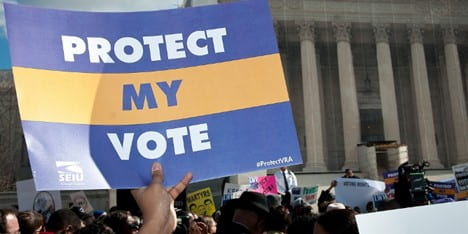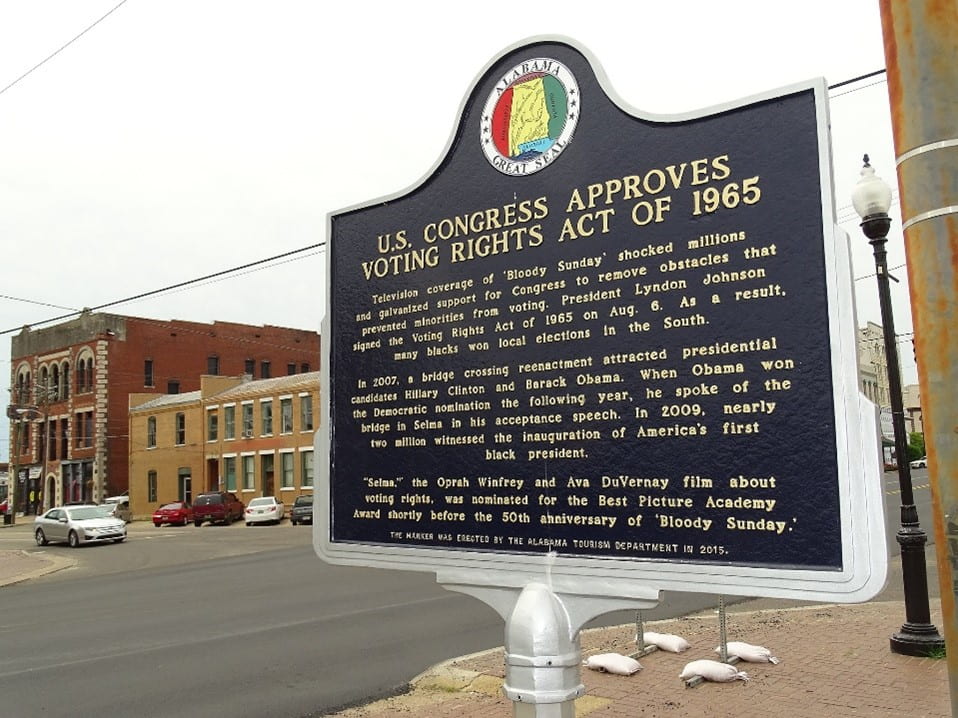In recent months, the country of Georiga has seen an increase in anti-democratic policies and government behavior, distancing the nation from Western states and institutions and further aligning itself with Russia and its allies. While political tension has been building within the country over the past decade, the passage of new policies, such as the Foreign Agent Bill and the LGBT Propaganda Bill, has taken this to new heights, receiving domestic and global condemnation as these programs fall in line with authoritarian initiatives taken in other countries. This prefaces the October 2024 parliamentary elections, where the incumbent Georgian Dream Party received a majority of the votes. However, due to the alleged use of voter intimidation and fraud, this result has been widely contested. These events have triggered mass demonstrations throughout the nation as citizens question the state of democracy within Georgia. Due to their longstanding history with Russia and the undemocratic nature of new policies, the events in Georiga warrant monitoring to ensure democracy remains.

History of the Georgian Dream Party
The policy platform and support of the Georgian Dream Party have seen a notable shift throughout its time in office. The party was founded in 2012 and quickly rose to prominence, receiving enough votes to oust the former administration later that year. During its conception, the party’s primary objectives were to improve relations with Western states and to join international organizations such as the European Union and the North Atlantic Treaty Organization, while also opening up friendly communications with Russia. Popularity for these policies led to the party gaining an absolute majority in parliament in 2016, however; support dwindled following corruption scandals. Later in this administration, a Russian lawmaker was invited to join a Georgian parliamentary meeting, a decision that was met with great upset. Largescale demonstrations erupted as citizens protested the encroachment of Russian influence in their national institutions, rejecting the potential for future Russian involvement. Regardless, the Georgian Dream party won again in 2020 as it promised to take the necessary steps to join the EU. However, this commitment was halted in 2022, when the relationship between Russia-Georgian relations has seemingly strengthened since the Russian invasion of Ukraine. While numerous countries enacted economic sanctions on Russia, Georiga did not follow suit. Similarly, trade and travel have grown between the countries since 2022.
Not only has the Georgian Dream Party strayed away from its original policy promises, but officials have also begun to spread harmful rhetoric and enact undemocratic policies. In the leadup to the October 2024 elections, the administration promoted that a “Global War Party” was the reason behind the invasion of Ukraine. This theory suggests that Western states are purposefully trying to prolong the war to weaken the Georgian state. The party has also recently passed the Foreign Agent Bill and the LGBT Propaganda Bill, both of which undermine core democratic principles. Though the Georgian Dream Party has not been free of problems, it is clear that, within the past few years, drastic changes have brought the country further away from democracy.
Democratic Backsliding
Foreign Agent Bill
On August 1st, 2024, the Foreign Agent Bill was passed. This piece of legislation requires that non-governmental organizations (NGOs) that receive 20% or more of their total funding from international sources must label themselves as companies “pursuing the interest of a foreign power.” Georgia is home to thousands of NGOs, with many monitoring compliance to democratic standards and ensuring there is no return to its communist past. It is estimated that 90% of NGOs would fall under this category, thus undermining the validity of countless institutions and organizations. Furthermore, this bill primarily targets civil society and media organizations. Businesses are exempt from receiving this label, regardless of the percentage of foreign funding. While the Georgian government claims that this policy promotes transparency, the rhetoric that officials use when talking about NGOs suggests otherwise. In a speech given in April 2024, a prominent political figure explained how NGOs “do not love their country or their people because they do not really consider them to be their own”. Between the language used when discussing NGOs and the timing of the bill, many speculate that the purpose of this legislation is to undermine the credibility of opposition and pro-democracy groups, being enacted only 3 months before the 2024 elections.

LGBT Propaganda Law
Passed into law only one month after the foreign agent bill, the LGBT Propaganda Law seeks extreme measures to ensure the protection of heterosexuality. Not only does it codify marriage between men and women, but it also bans LGBTQ+ members from adopting children, limits their representation in media, and monitors community events. Furthermore, it overrides anti-discrimination hiring policies and prohibits gender reassignment surgery. The implementation of this bill faced local and international condemnation. Within Georgia, opposition parties criticized the inherent discrimination at the core of the legislation. Similarly, the European Union warns that this legislation threatens the nation’s chances of becoming a member state. The combination of both these bills has raised questions regarding Georgia’s alliances, with many pointing out how these laws signal alignment with Russia over Western powers.
October 2024 Parliamentary Elections
On October 26, 2024, Georgia held its parliamentary elections, where Georgian Dream, the long-standing incumbent party, won a majority. However, these results have been widely contested, with the nation’s own president, Salome Zurabishvili, refusing to recognize the validity of the results. One reason backing these claims is the alleged use of voter intimidation tactics by the Georgian Dream party. Voters discuss cameras monitoring polling booths and the display of a Georgian Dream politician presenting a speech being aired directly outside polling stations. The passing of the Foreign Agent Bill has also warranted concerns as this legislation impacted the credibility of election monitoring organizations and groups ensuring democratic compliance. Furthermore, many changes were made to the electoral system in the months before the election, with this being the first election where parties must receive 5% of the vote to have representation in the parliament, and the first election using an electric ballot counting system. Regardless of these questions surrounding the validity of the election, domestic courts have refused to annul the results or to initiate a recount. Despite its alleged election rigging, the Georgian Dream Party still declares itself victorious. It has also declared a halt to its efforts to join the European Union, causing even more discontent amongst the population.

Protests and Government Responses
These unaddressed concerns triggered a nationwide uproar, with protests fighting for democracy throughout the country. Beginning in early November, these protests demanded that new elections be held in compliance with democratic standards. President Zurabishvili has supported these efforts, protesting alongside Georgian citizens. These protests have continued since the election. Georgian police have reacted with force, unleashing tear gas, water cannons, and rubber bullets on peaceful protestors. Arrested over 20 individuals. The government has also enacted legislation that imposes restrictions on protestors, such as fining those caught hanging posters and stickers in public areas. These acts have also granted Georgian police the ability to proactively detain individuals they suspect will violate these limitations. While Georgian citizens continue to fight for and protect their democracy, it is clear that the current administration is taking steps to silence these voices.
Conclusion
Georgia is experiencing a period of democratic backsliding as the current administration passes authoritarian-leaning legislation and distances itself from Western powers. Though it has never been void of issues, Georgian democracy has drastically weakened in the past few months, resulting in a contested election that reinstated power in the hands of the Georgian Dream Party. Legislation enacted throughout 2024 has also reduced the likelihood that Georgia will be able to join the EU. This backsliding follows a similar trend toward authoritarianism throughout Europe, seen in countries such as Hungary, Romania, Austria, and Poland, and raises concerns over a regional and global weakening of democracy. Similarly, Georgia’s previous relations with Russia make this issue more pressing and in demand of attention.
































